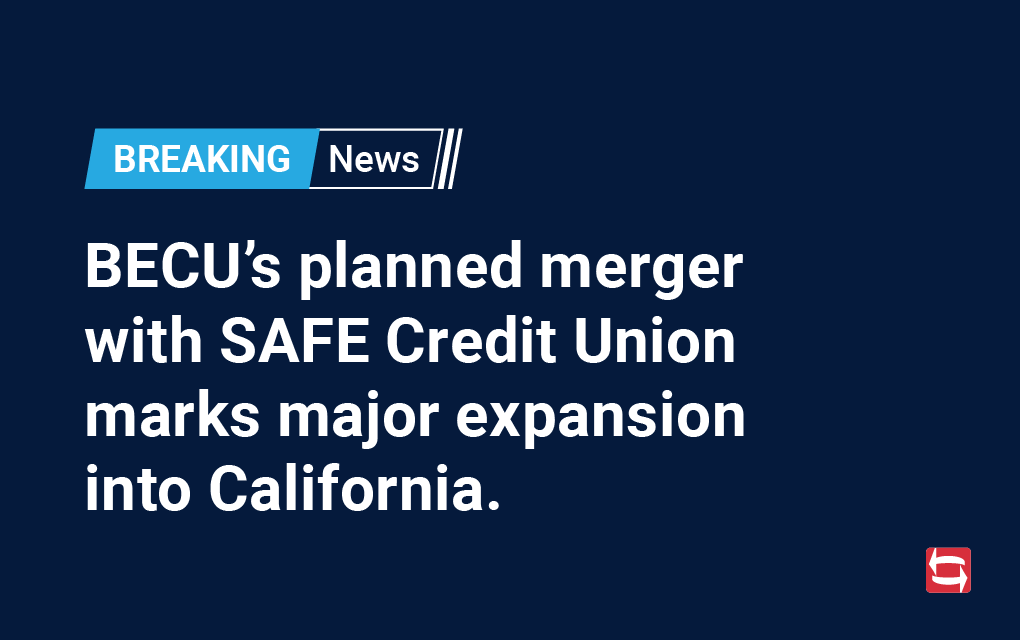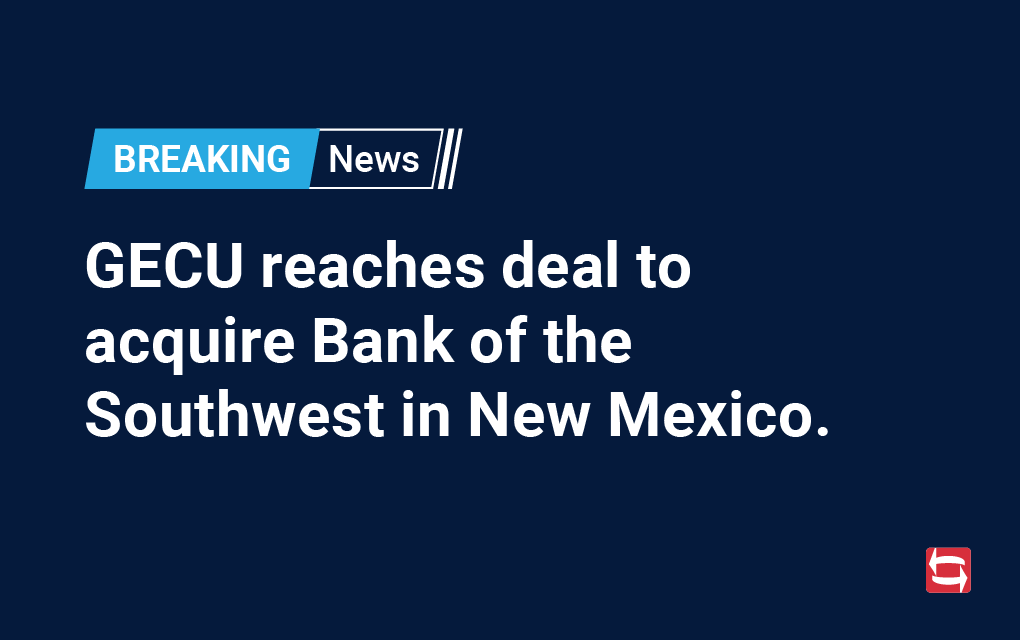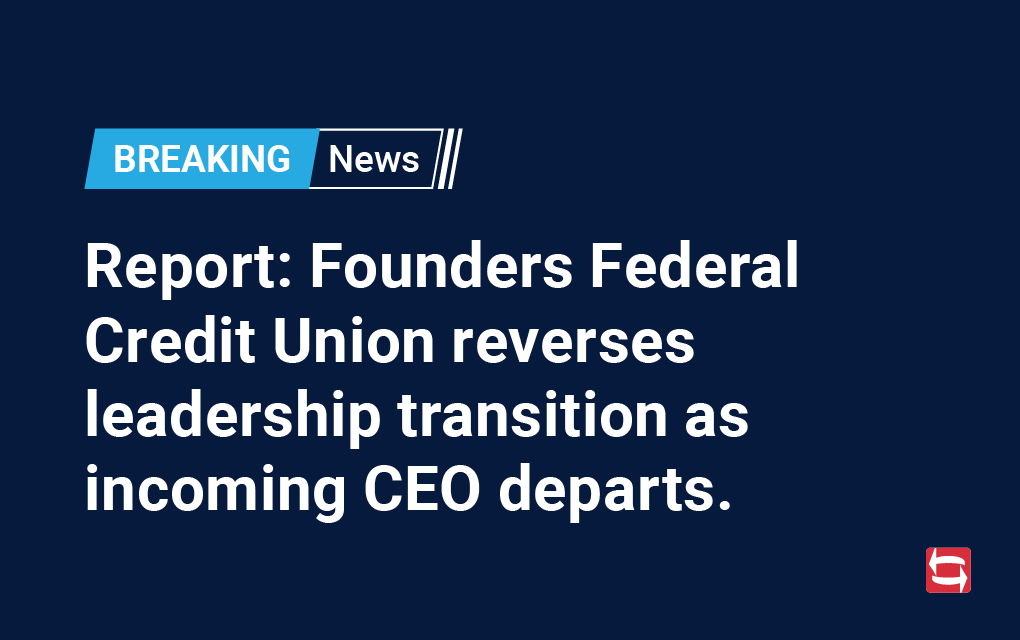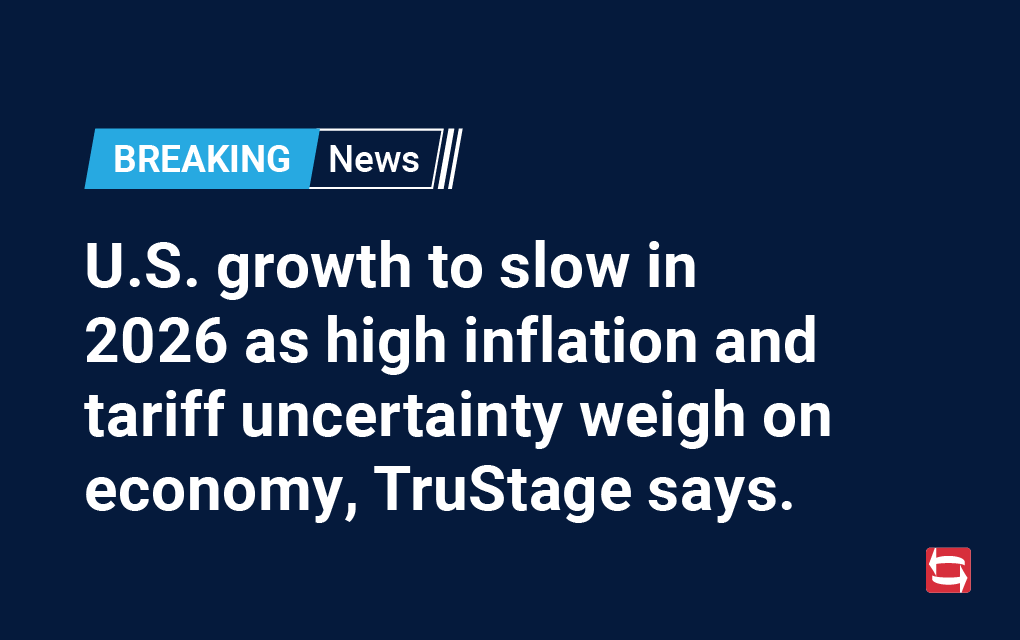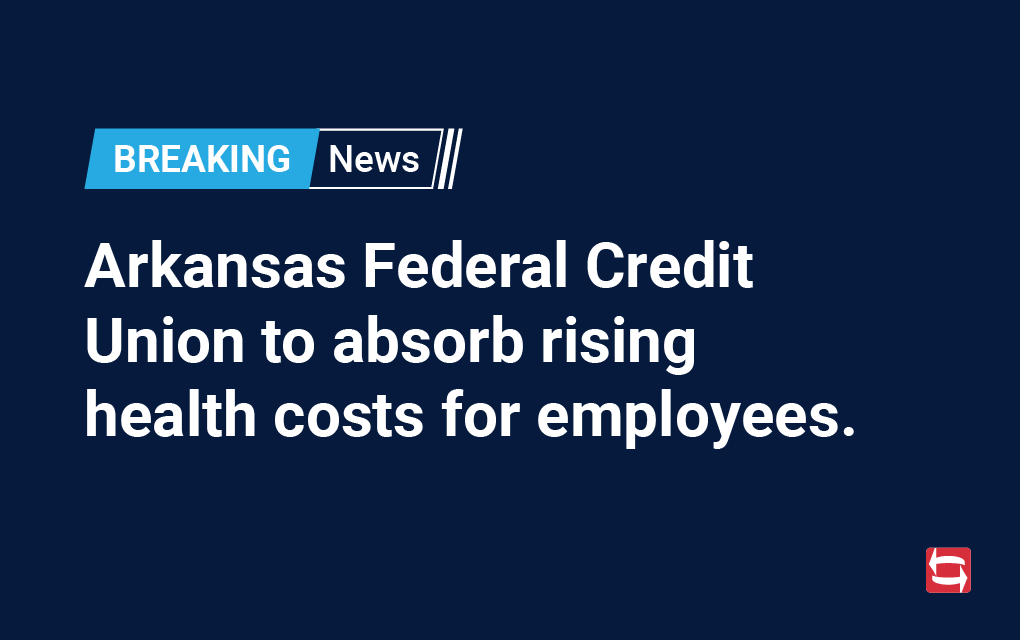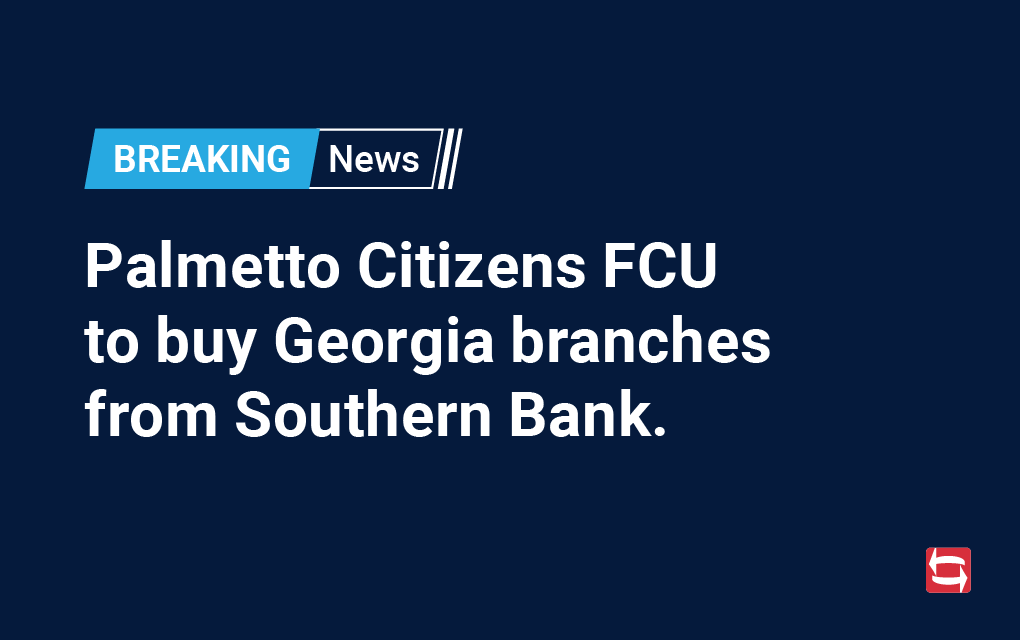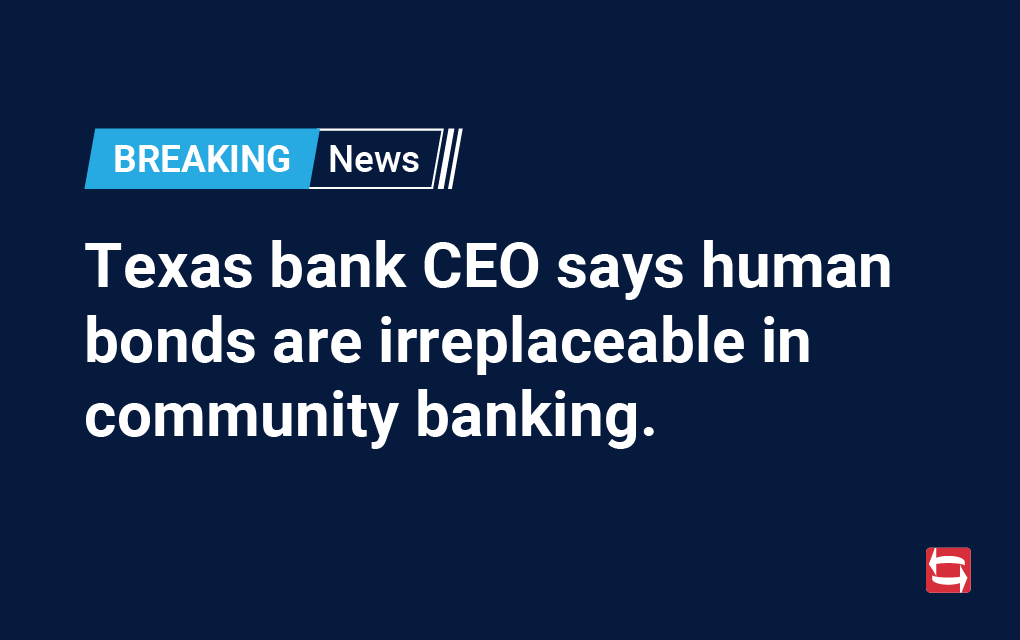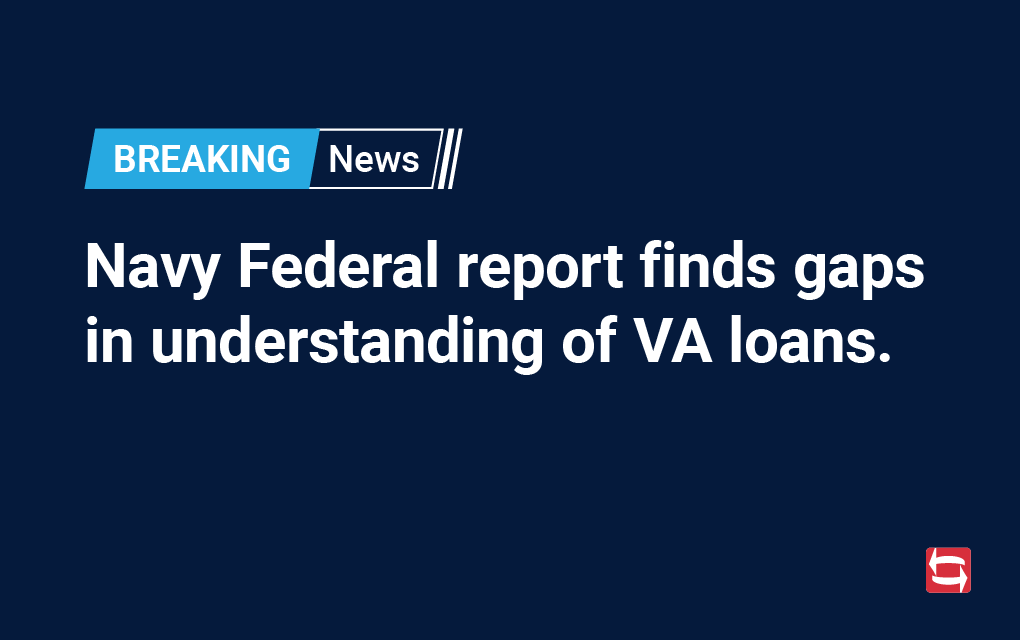
Texas bank CEO says human bonds are irreplaceable in community banking.
C. Brett McDowell says technology enhances convenience but can never substitute for the trust, empathy, and relationships that define community banks’ role in Texas life.
As banking technology races toward an all-digital future, C. Brett McDowell, president and CEO of $232 million-asset Victory Bank in Lubbock, Texas, says there’s something no algorithm or mobile app can replicate: the human connection at the heart of community banking.
In a recent op-ed, McDowell described the “warmth and authenticity” that comes from face-to-face conversations between bankers and customers — exchanges about businesses, families, and even local Little League games — as the essence of what makes community banks indispensable. He warns that the nation’s rush toward automation risks eroding a vital social fabric that has bound Texas towns together for generations.
Drawing on his ranching upbringing, McDowell likened community banking to the values of rural life, where “your word is your bond” and “trust is earned through the quality of your character.” Those principles, he said, mirror the mission of community banks: to build long-term, trust-based relationships that can’t be replaced by convenience apps or chatbots.
While acknowledging that technology has made banking “easier, different and better,” McDowell stressed that it should complement — not replace — human service. Mobile apps may streamline transactions, but he argued that when customers face business challenges or personal financial hardships, they need a banker who knows them by name and remembers their first loan, not a digital interface.
Story continued below…
Citing a line from American Banker — “People do not visit branches. People visit bankers.” — McDowell said the quote perfectly captures the heart of community banking. For him, the true value lies not in transactions but in the personal conversations that build trust over time.
McDowell also reflected on the historic role of Texas community banks, which have supported families, farmers, and small businesses since 1845. From weathering oil busts and recessions to financing new ventures, he said community banks have been “investing in our neighbors’ successes” for more than a century.
As technology continues to reshape the financial landscape, McDowell remains optimistic that community banks can blend digital tools with deeply personal service. “Great technology can never replace human insight, empathy, local knowledge, and a familiar face,” he wrote.
Choosing a community bank, he concluded, “isn’t nostalgia — it’s smart business and sound community investment.”


